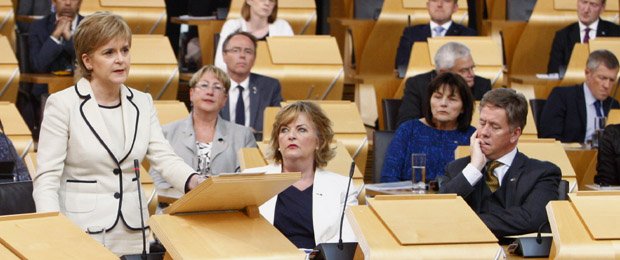
Peers have voted by a majority of 66 to remove clauses from the #ElectionsBill that would fetter the independence of the Electoral Commission. Ten Conservatives defied the party whip.
The matter now returns to the Commons. Here are key points for MPs to consider. 1/
The matter now returns to the Commons. Here are key points for MPs to consider. 1/
The relevant Commons committee - @CommonsPACAC - strongly supports the removal of these clauses. By limiting the Commission's independence, it says, they pose 'an unacceptable risk to the functioning of our democracy'. 2/
https://twitter.com/CommonsPACAC/status/1516750069420404739
Elections experts are united in opposing the clauses. PACAC said it had 'not received any written submissions or oral evidence to this inquiry supporting the proposed Strategy and Policy Statement'.
The letter I co-signed in last week's @thetimes reaffirms this. 3/
The letter I co-signed in last week's @thetimes reaffirms this. 3/

It has been said in the parliamentary debates that similar arrangements exist for other regulators, such as Ofcom. But the Electoral Commission is different - it regulates MPs. The proposal empowers the regulated over the regulator. As Lord Judge said today, that is repugnant. 4/
It was said that the Commission is not accountable to parliament. That is wrong. Its staff are accountable to the Commissioners, who are chosen by parliament. Staff and commissioners regularly appear before committees of the UK, Scottish, and Welsh parliaments. 5/
The government's case for the clauses is inconsistent. It says they do not fetter the Commission, but do increase accountability. These things cannot both be true. If the Commission is free not to follow the statement, there is nothing to hold it to account on. 6/
Many MPs have concerns about the Commission. Changes to governance may be needed. But they should follow an independent review. The Commission was created in 2000 and reformed in 2009 on the basis of @PublicStandards recommendations. No such review has been conducted here. 7/
The core principle must be that the Commission is held to account through processes that are cross-partisan and non-partisan, for its fulfilment of duties that are set out in statute following independent scrutiny and full parliamentary debate. The clauses violate that. 8/
My blogpost from last autumn set out these points in detail. A couple of points are now out of date, but the core of the analysis still holds. 7/END
constitution-unit.com/2021/09/30/the…
constitution-unit.com/2021/09/30/the…
• • •
Missing some Tweet in this thread? You can try to
force a refresh





